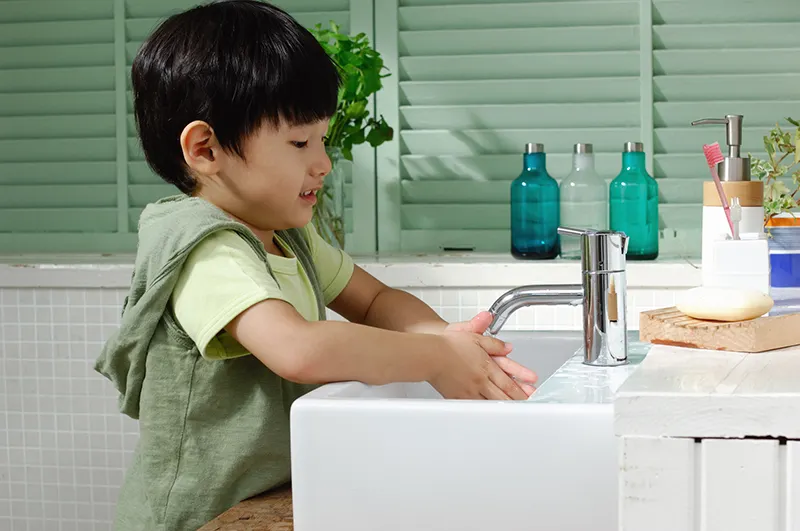Families For Life | Using Routines to Manage Behaviour-Toddlers

Routines help family life run smoothly and can help with children’s behaviour. Here’s how to use routines to help with behaviour management.
Why routines help with behaviour management
Routines help family members know who should do what, when, in what order and how often.
This can mean less inappropriate behaviour about boring things such as cleaning teeth, tidying up after play, or switching the TV off. Or there might be times when your child often misbehaves, such as when you’re shopping, driving or visiting. A routine can help you plan ahead for these times.
You can also build routines for young children around play, meals and sleep. When children have had enough good-quality sleep, nutritious food and plenty of play, they’re more likely to behave the way you want.
And routines help young children feel safe and secure, which is what they need to grow and learn about things like appropriate ways to behave.
Creating routines
Here are some tips to get you started with family routines:
If your child is old enough, talk about routines with her. By the time children are school age, discussions about routines can be a great way of helping them learn important things like how to organise themselves and how to be ready on time.
Plan routines for particularly demanding times in the family day – for example, before and after work and school. Routines that give everybody something to do – or at least keep children busy while you get things done – can help things run more smoothly.
Add some downtime into your child’s routine. This gives your child time for a sleep or rest, which can help with behaviour. It also gives him time to learn to entertain himself.
If you want to put time limits on some activities, such as screen time, you can make this part of the routine. For example, children can watch TV or use their tablets, but only between 5 and 5.30 pm (or whatever suits your family).
Getting children to follow routines
So you’ve got a routine, but how do you get your child to follow it – without nagging? Here are some ideas:
Put up an illustrated poster of your routine somewhere everyone can see it. Making the poster with your child could be fun and give you the chance to talk about the routine.
Involve your child in parts of the routine that she can manage by herself – for example, washing her hands before eating.
Find ways to remind your child to follow the routine without your help. For example, put a radio alarm clock in your child’s room. The music can be a signal that it’s time to wake up, time to start getting ready for school, or time to come out of the bedroom in the morning.
Think about whether parts of the routine can be your child’s responsibility. Your child can learn new skills and help the family by doing household chores – for example, a preschooler could set the table.
Watch out for and praise your child when he follows the routine without help.
Routines don’t mean you and your family are rigid or inflexible. Changes and last-minute diversions are a normal part of life.
© raisingchildren.net.au, translated and adapted with permission
Explore more